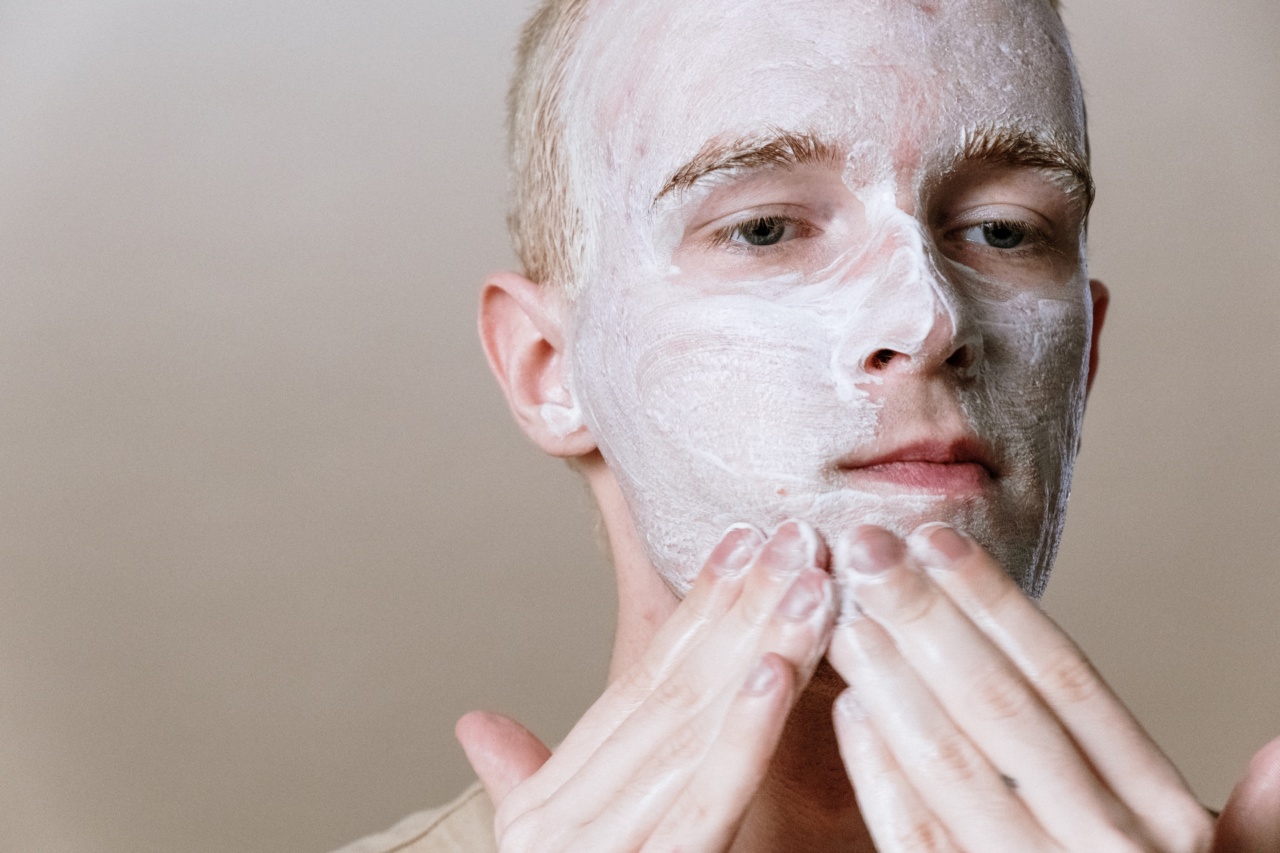Acne is a common skin condition that affects millions of people worldwide. It can be frustrating and embarrassing, leading many to seek out various treatments and remedies.
However, there are several myths surrounding acne that often lead to confusion and misinformation. In this article, we will debunk some of the most common acne myths and provide accurate information to help you better understand and manage your acne.
Myth 1: Acne is caused by poor hygiene
Contrary to popular belief, acne is not caused by poor hygiene or dirty skin. Acne develops when hair follicles become clogged with oil, dead skin cells, and bacteria.
While keeping your skin clean is important for overall skin health, excessive washing or scrubbing can actually irritate your skin and worsen acne. It’s essential to strike a balance and use gentle cleansers suitable for your skin type.
Myth 2: Eating greasy or oily food causes acne
There is limited scientific evidence to support the claim that eating greasy or oily food directly causes acne. However, some studies have suggested that diets high in refined carbohydrates and sugars may contribute to the development of acne.
It’s important to maintain a well-balanced diet with plenty of fruits, vegetables, whole grains, and lean proteins to promote healthy skin.
Myth 3: Only teenagers get acne
While it’s true that acne is most common during puberty, it can affect people of all ages. Adult acne is quite common and can be triggered by hormonal changes, stress, and certain medications.
It’s important to understand that acne is not just a teenage problem and that appropriate treatment options are available for all age groups.
Myth 4: Sun exposure can cure acne
While sun exposure may temporarily improve acne symptoms due to the drying effect of UV rays, it is not a long-term solution. Overexposure to the sun can cause skin damage, premature aging, and potentially worsen acne in the long run.
It is crucial to protect your skin from the sun by applying a broad-spectrum sunscreen daily.
Myth 5: Squeezing pimples helps them heal faster
It may be tempting to squeeze or pop a pimple in the hopes of making it go away quickly. However, this can lead to further inflammation, scarring, and even infection. It is best to leave your pimples alone and allow them to heal naturally.
If you are concerned about a stubborn pimple, consult a dermatologist for appropriate treatment options.
Myth 6: Only people with oily skin get acne
While oily skin can contribute to the development of acne, it is not the sole cause. Acne can affect individuals with all skin types, including dry and sensitive skin.
It is essential to choose skincare products that are suitable for your specific skin type and avoid harsh ingredients that can irritate your skin and potentially worsen acne.
Myth 7: Acne is contagious
Acne is not a contagious condition. It cannot be spread through contact or sharing personal items such as towels or pillows.
Acne is primarily influenced by internal factors such as hormones, genetics, and external factors like skincare routine, diet, and lifestyle. It is not something that can be transmitted from one person to another.
Myth 8: Tanning beds can clear acne
While tanning beds can temporarily improve acne symptoms due to the drying effect of UV rays, the long-term consequences outweigh any short-term benefits. Tanning beds emit harmful UV radiation, leading to serious health risks, including skin cancer.
It is crucial to prioritize your skin’s health and seek safe and effective acne treatments instead.
Myth 9: Stress does not affect acne
Stress can have a significant impact on acne. When we are stressed, our bodies produce more cortisol, a hormone that can increase oil production and inflammation in the skin, ultimately leading to acne breakouts.
While stress alone may not cause acne, it can exacerbate existing acne and make it harder to manage. Implementing stress management techniques like exercise, meditation, and prioritizing self-care can help improve acne symptoms.
Myth 10: Acne will go away on its own
While some cases of acne may resolve on their own over time, many individuals require treatment to effectively manage their acne and prevent long-term scarring. Acne can be a chronic condition, and without proper treatment, it may persist for years.
Consult with a dermatologist to create an appropriate treatment plan tailored to your specific acne type and severity.






























